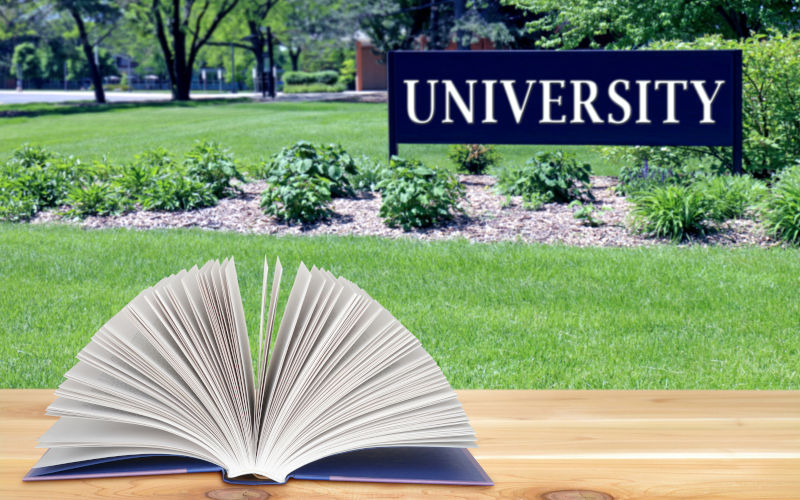Can Hong Kong universities be nuanced, but not 'anti-regime'?
December 29, 2022
A new book by Daniel Vukovich offers a sharp, critical analysis of the rise and fall of the 2019 anti-extradition bill movement in Hong Kong.
Two extracts from Vukovich’s book on the role of Hong Kong’s universities are worth close reading:
“Here the universities of Hong Kong, in the present authors own admittedly particular experience, have so far missed their opportunity to help produce a new or nuanced yet non-anti-regime discourse within the city. If there was ever a chance to productively hold dialogue and conversation over the future and fate of the city as a SAR, the campuses would have been the ideal locale. If not there, where else? Yet mainland views of itself which must be brought on board in some fashion to talk about both the PRC itself and Hong Kong-mainland relationshave not really been incorporated into the universities. Given their colonial and avowedly liberal (read: anti-communist) roots, this is not surprising or unexpected in itself. But one side effect of this, aside from the lack of nuanced understanding of the mainland in general (in political-historical terms), has been the creation of a predictable yet powerful rule of discourse and duality: Hong Kong versus China, liberalism versus communism, freedom versus authoritarianism, us versus them, and so on (and vice versa). The hegemony of anti-views may or may not fade away eventually. We shall see. But here is the rub: this will result not in the triumph of so-called mainlandisation and nationalist indoctrination, or the neutralisation of discontent, but in the administrative triumph of de-politicised, highly conventional, and narrowly disciplinary work, and an emphasis on corporate science, grant mongering, and so on. This has been the situation well before the national security law. That will exert its own pressures perhaps, but the drive towards purely conventional work and thought, the commodification of the scholarly and humanistic mission of the university, is a much longer and older story.”
“What happens in the universities matters because their power to legislate knowledge for society is often unrecognised but has real world effects nonetheless. When you too often produce knowledge that says, in effect, that the PRC or revolution was largely a disaster, that it lacks freedom and all things good and holy, that even contemporary capitalistic and happy China (which Hong Kong discourse would celebrate if some other country) is a nightmare, you are not fighting the good progressive democratic fight and saving souls so much as preparing the ground for bad China-Hong Kong relations. By the same token, putatively non-political or value-free types of knowledge production about China, or ChinaHong Kong relations, while certainly safe are also in this context not useful. But they are the gold standard in the universities now, where the real threat to intellectual and academic freedom is not the national security law but the utter triumph of corporate mentalities and entrepreneurial careerism at the expense not just of critical, heterodox scholarship but all bona fide scholarship in general.”
View the full book details below:
After Autonomy: A Post-Mortem for Hong Kong’s first Handover …

